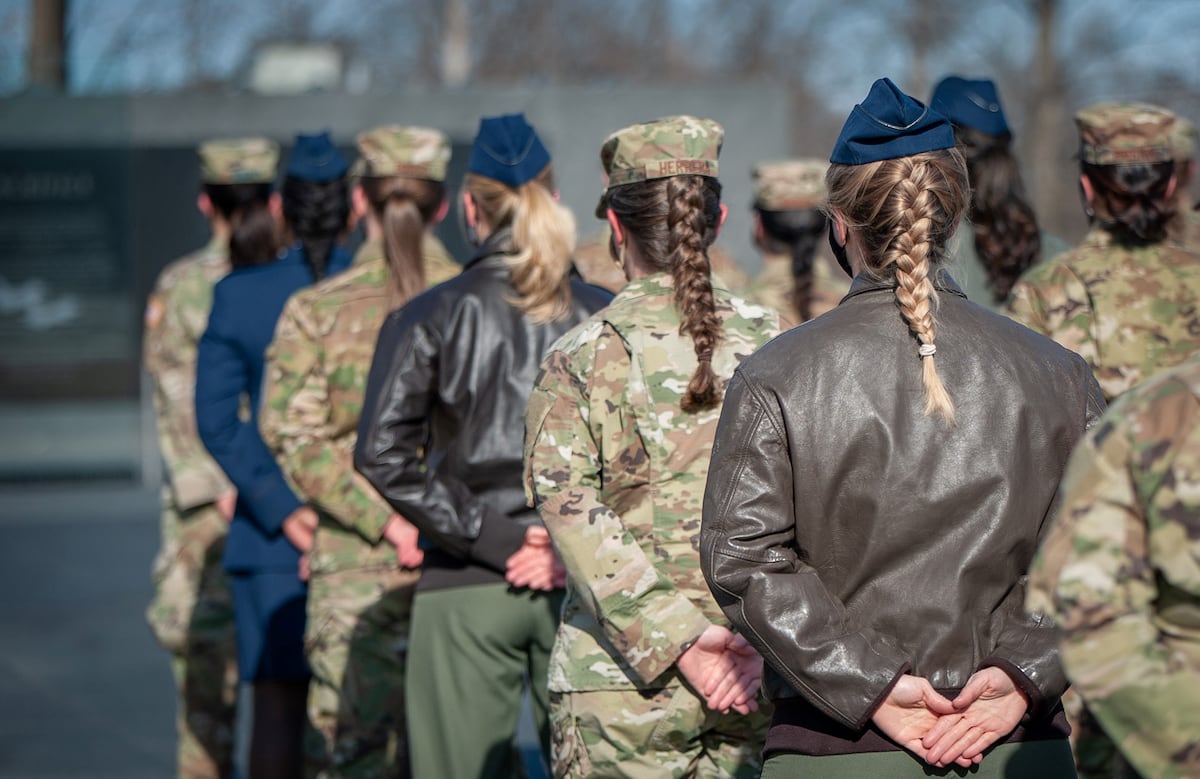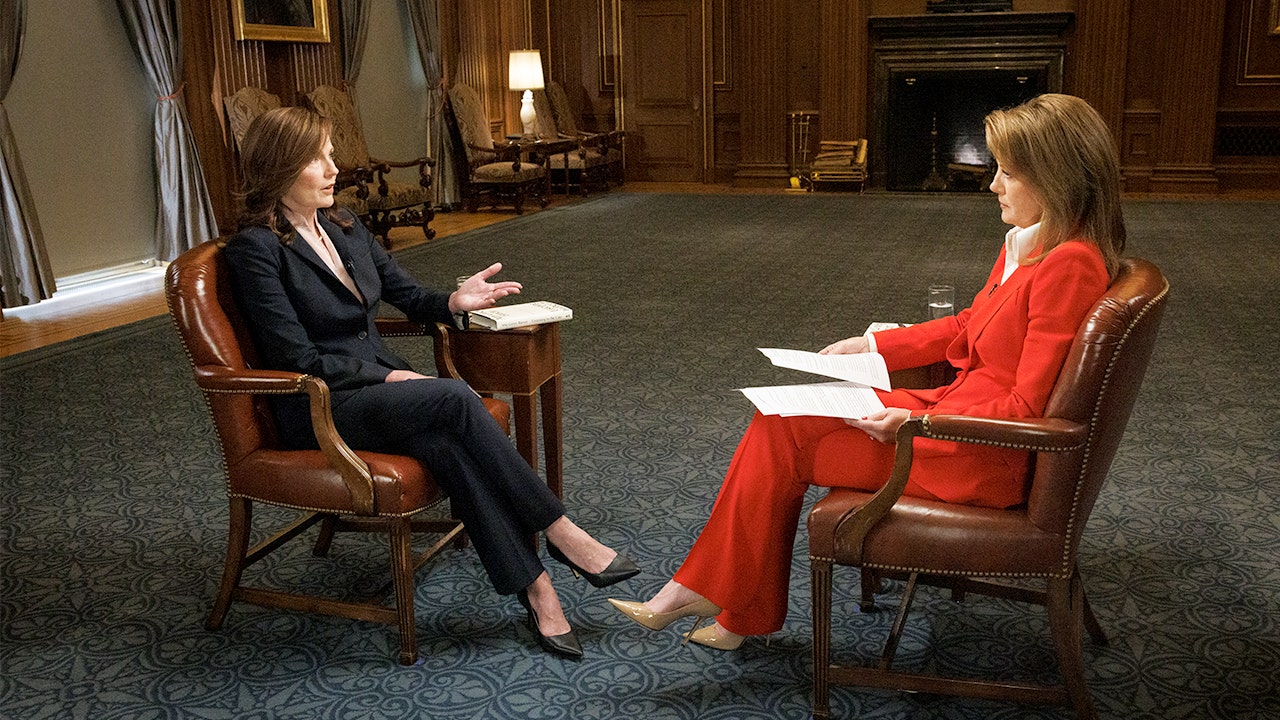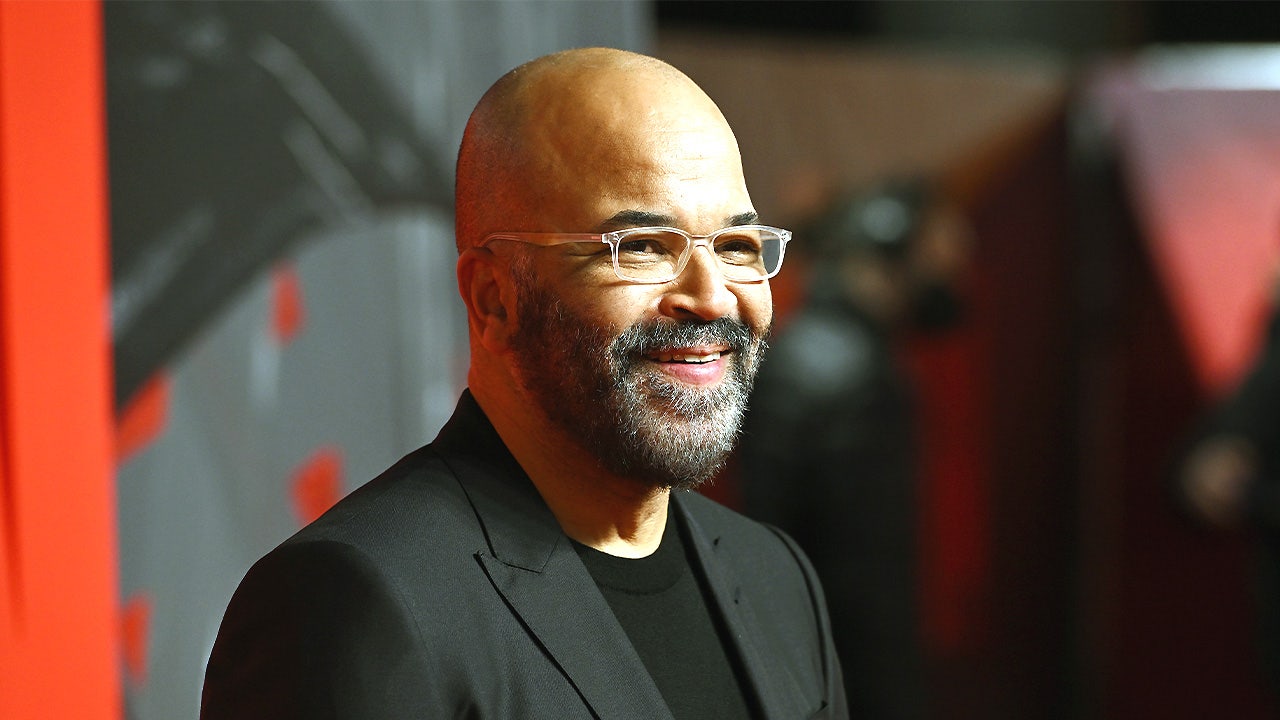Pentagon aims to cut 14 defense advisory boards, including DACOWITS

The Pentagon is proposing to terminate 14 different defense advisory groups following a 45-day review, with the cut list including the 74-year-old Defense Advisory Committee on Women in the Services, Military Times has learned.
An email sent earlier this month by Pentagon Deputy Director of Washington Services Bob Salesses and reviewed by Military Times asks members of the Senior Executive Service to review recommendations ahead of a sign-off by Defense Secretary Pete Hegseth.
“The Department took a hard look during the review to ensure boards and commissions provide value and meet the priorities of the president and secretary of defense,” Salesses, who briefly served as acting defense secretary earlier this year, wrote. “The results of this review recommended retention and elimination of particular boards or commissions. … If the secretary of defense supports this review’s recommendation to terminate a board or commission that is required by statute, that board or commission will remain non-operational and depopulated while the department pursues legislative change with Congress.”
The 14 committees and boards recommended for termination represent about one-third of all Defense Department advisory boards. They include:
- Department of Defense Board of Actuaries
- Department of Defense Medicare-Eligible Retiree Health Care Board of Actuaries
- Defense Advisory Committee on Military Personnel Testing
- Defense Advisory Committee on Women in the Services
- Tribal and Economically Disadvantaged Communities Advisory Committee
- Strategic Environmental Research and Development Program Advisory Board
- Non-Federal Interest Advisory Committee
- Board on Coastal Engineering Research
- U.S. Strategic Command Strategic Advisory Group
- Board of Visitors for the Western Hemisphere Institute for Security Cooperation
- Table Rock Lake Oversight Committee
- National Reconnaissance Office Advisory Board
- Advisory Board for National Geospatial Intelligence Agency
- National Security Agency Emerging Technologies Board
Eleven of those committees were established by statute and will require legislative change to terminate, the email notes. Additionally, two committees were recommended for merger: the Defense Advisory Committee for the Prevention of Sexual Misconduct and the Defense Advisory Committee on the Investigation Prosecution and Defense of Sexual Assault in the Armed Forces.
Pentagon spokesperson Sue Gough declined to confirm the authenticity of the email.
“As noted previously, the Department has been reviewing all DOD advisory committees and boards to ensure their efforts align with our most pressing strategic priorities and the president’s goals,” she said. “The results of the review are still being considered and we have nothing to announce at this time.”
Defense Secretary Pete Hegseth announced his review of advisory committees March 7, pausing all committee operations and purging all members while a 45-day review was completed.
Prior to the review’s announcement, staff of committees were directed to turn in reports on operating costs, membership, arguments for retention and a one-page summary that demonstrated how the group benefited the Defense Department and its “warrior ethos.”
The Defense Advisory Committee on Women in the Services, or DACOWITS, was established in 1951 and has run an aggressive quarterly meeting schedule while bringing together service leaders and personnel directors to address challenges ranging from ill-fitting uniforms and body armor to parental leave and childcare.
The move to subject the committee to review and potential closure raised alarm bells in Congress.
On May 13, a group of three U.S. Senators and three members of Congress, all women who’d served in the Armed Forces, wrote to Hegseth urging the retention of DACOWITS as well as the sexual assault prevention and prosecution boards. The letter-writers included Sens. Tammy Duckworth, D-Ill., Kirsten Gillibrand, D-N.Y., and Mazie Hirono, D-Hawaii; and Reps. Chrissy Houlahan, D-Penn., Mikie Sherill, D-N.J., and Maggie Goodlander, D-N.H.
“Throughout its seventy-year history, approximately ninety-four percent (94%) of DACOWITS’ recommendations have either been fully or partially adopted by DOD,” the lawmakers wrote. “Most notably, we are concerned the disassembly of DACOWITS will exacerbate the gap in the collection of data regarding key policies to improve conditions for service women and reduce barriers to the recruitment and retention of women.”
A bipartisan group of female vets in Congress moved successfully to spare DACOWITS from the chopping block in 2021, amid then-Defense Secretary Lloyd Austin’s zero-based review of advisory committees.
Notably, that review had the opposite goals of the current advisory board purge. Austin was assessing whether committees sufficiently contributed to the goal of diversity, equity and inclusion within the Defense Department, while Hegseth has been a vocal opponent of DEI in all its forms inside the military.
Throughout the political reversals, however, those close to DACOWITS have maintained the committee exists not to serve any political agenda or special interest group, but to promote military readiness by shedding light on obstacles that otherwise would be overlooked.
Retired Rear Adm. Cari Thomas, who served on the committee from 2017 to 2021, said in an interview the issues she worked on — many of which, like childcare and family leave, also affect male service members — continue to be challenges for the Defense Department.
“The military can’t always do everything, because there’s not unlimited resources; there’s not unlimited time,” she said. “So, for me the loss of DACOWITS will impact the readiness of the military services, because these independent advisory committees won’t have the ability to then give the secretary of defense and the commandant of the Coast Guard outside opinions as to what they may wish to work on, in order to make sure that the unique needs of whatever population it is that these advisor committees are looking at are addressed, to make the military as ready as it could be.”
The second-oldest board on the list, the Army Corps of Engineers’ Board on Coastal Engineering Research, was established in 1963 and recently celebrated its 100th meeting.
Lewis Link, a senior engineer at the University of Maryland and member of the board until the recent purge, noted that the board, which had tackled challenges like flood modeling and nature-based infrastructure solutions, had until recently been working on tasking provided by Lt. Gen. William “Butch” Graham — now the chief of engineers — on problems like compound flooding, a potentially disastrous challenge illustrated by Hurricane Harvey in 2017.
Link noted that the members of the board were volunteers and costs to maintain advisory committees, such as travel stipends, were minimal.
“There appears to be a tendency of not wanting outside advice,” Link said. “That’s my opinion, and nobody else’s necessarily, but it appears that the value of the external advisors is not considered important enough for the government.”







